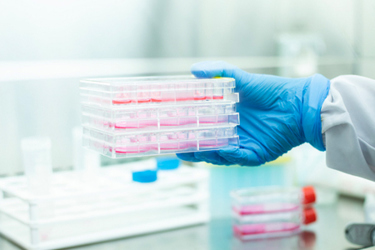Cell Retention Technology And Specialized Cell Culture Media For Intensified Upstream Processing

The growing pressure to reduce biomanufacturing costs is fueling the demand for greater process efficiency and flexibility, which leads to increased interest in process intensification through perfusion technology. Perfusion offers a compelling alternative to traditional batch or fed-batch processes by leveraging existing facility assets to enhance upstream productivity and lower operational costs. When applied during cell expansion in the seed train, perfusion enables higher cell densities while minimizing the equipment, time, and resources required—ultimately reducing upstream risk. In conventional fed-batch cell culture, nutrients and feed components must be periodically added to sustain cell growth and protein production. In contrast, perfusion mode uses a cell retention device to keep cells within the bioreactor while continuously removing spent media, cell debris, and protein products, replacing them with fresh media. This approach allows cultures to reach higher cell densities, extend run durations, reduce turnover time, and improve overall product yield and quality.
However, many cell retention technologies rely on membrane filtration, which can present mechanical and performance challenges such as limited throughput, reduced efficiency, product retention issues, and scalability constraints. Selecting an optimized cell retention solution tailored to your specific application is essential to fully realize the benefits of perfusion. Explore advanced perfusion technologies and find the right cell retention solution for your facility.
Get unlimited access to:
Enter your credentials below to log in. Not yet a member of Biosimilar Development? Subscribe today.
